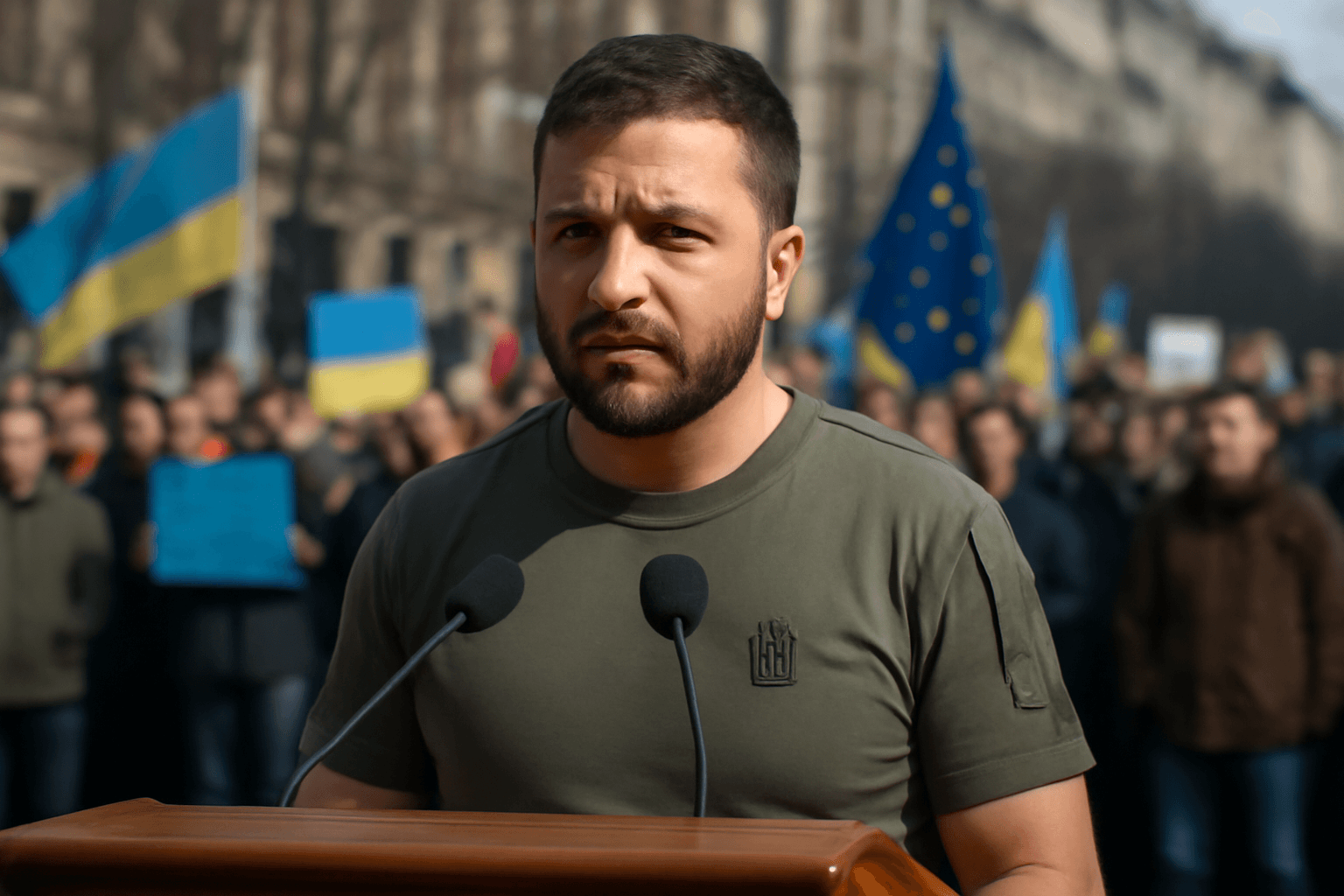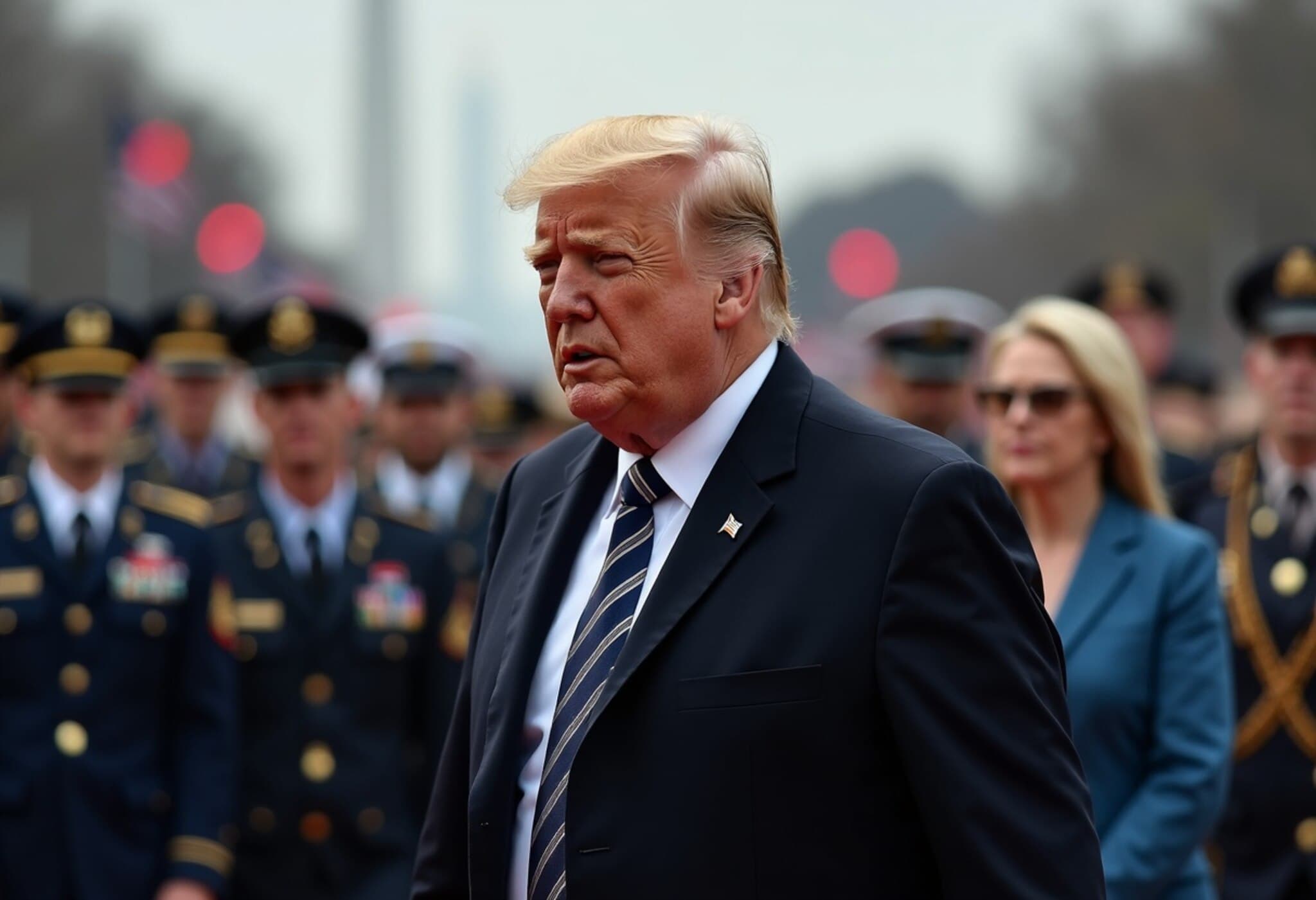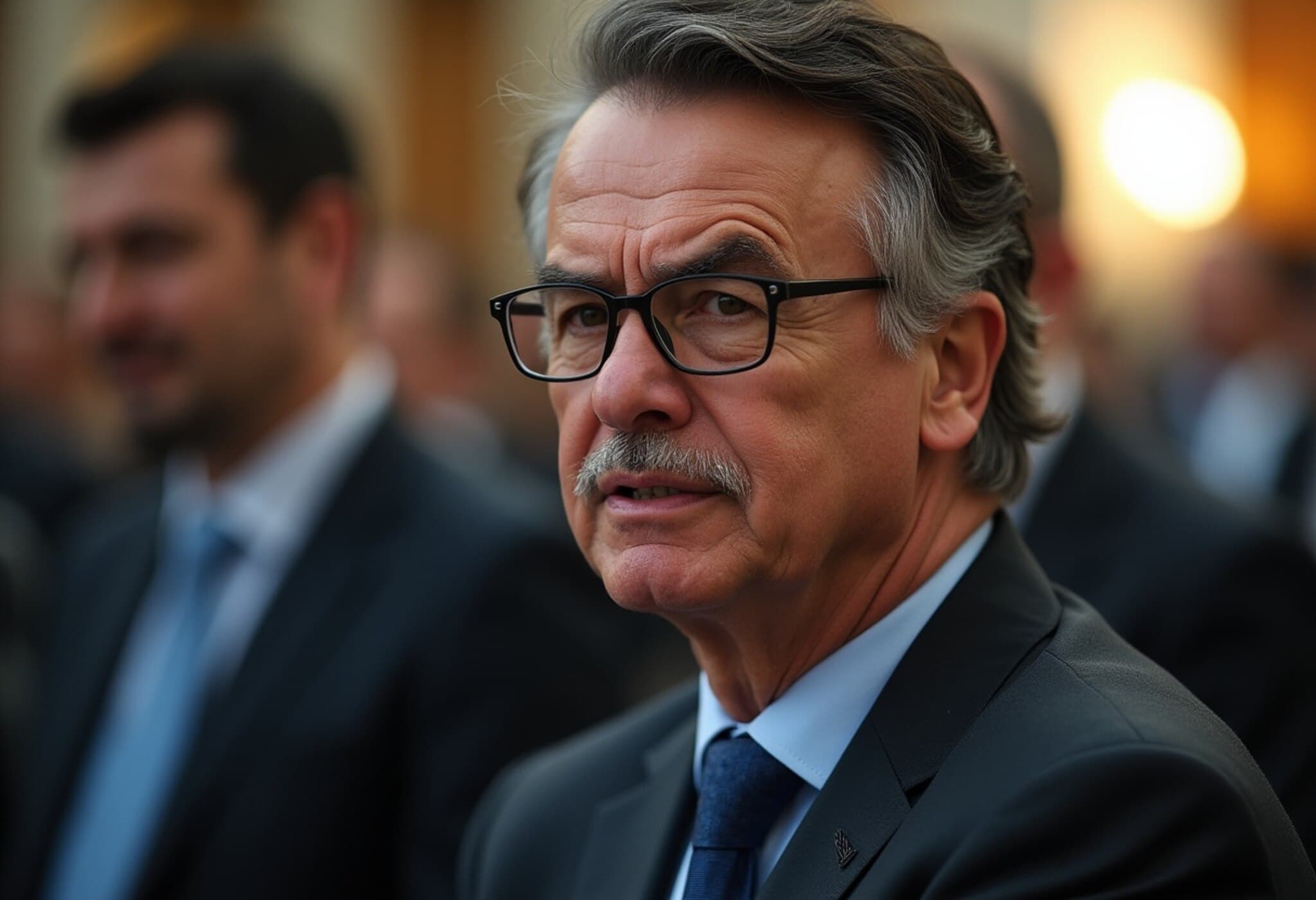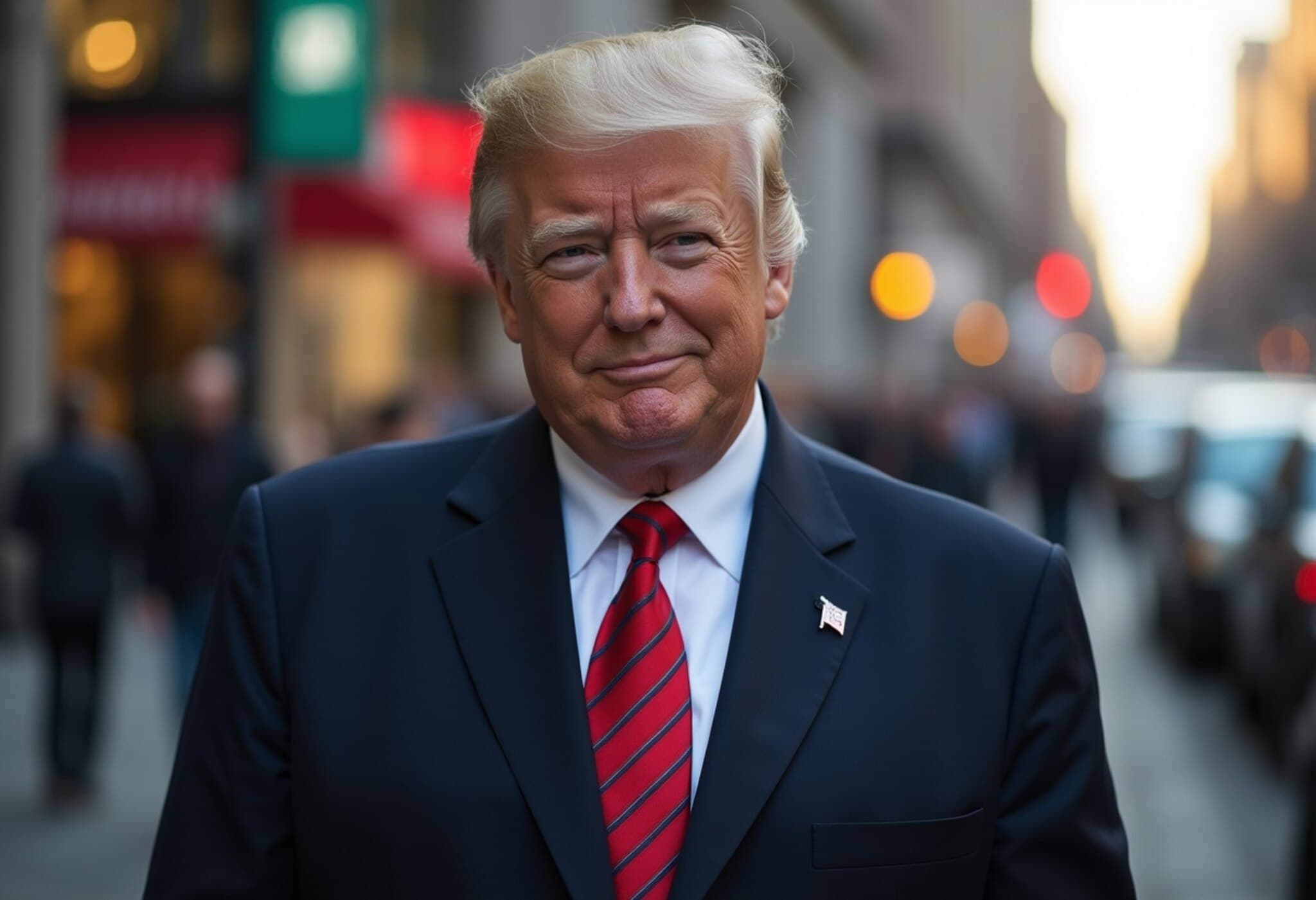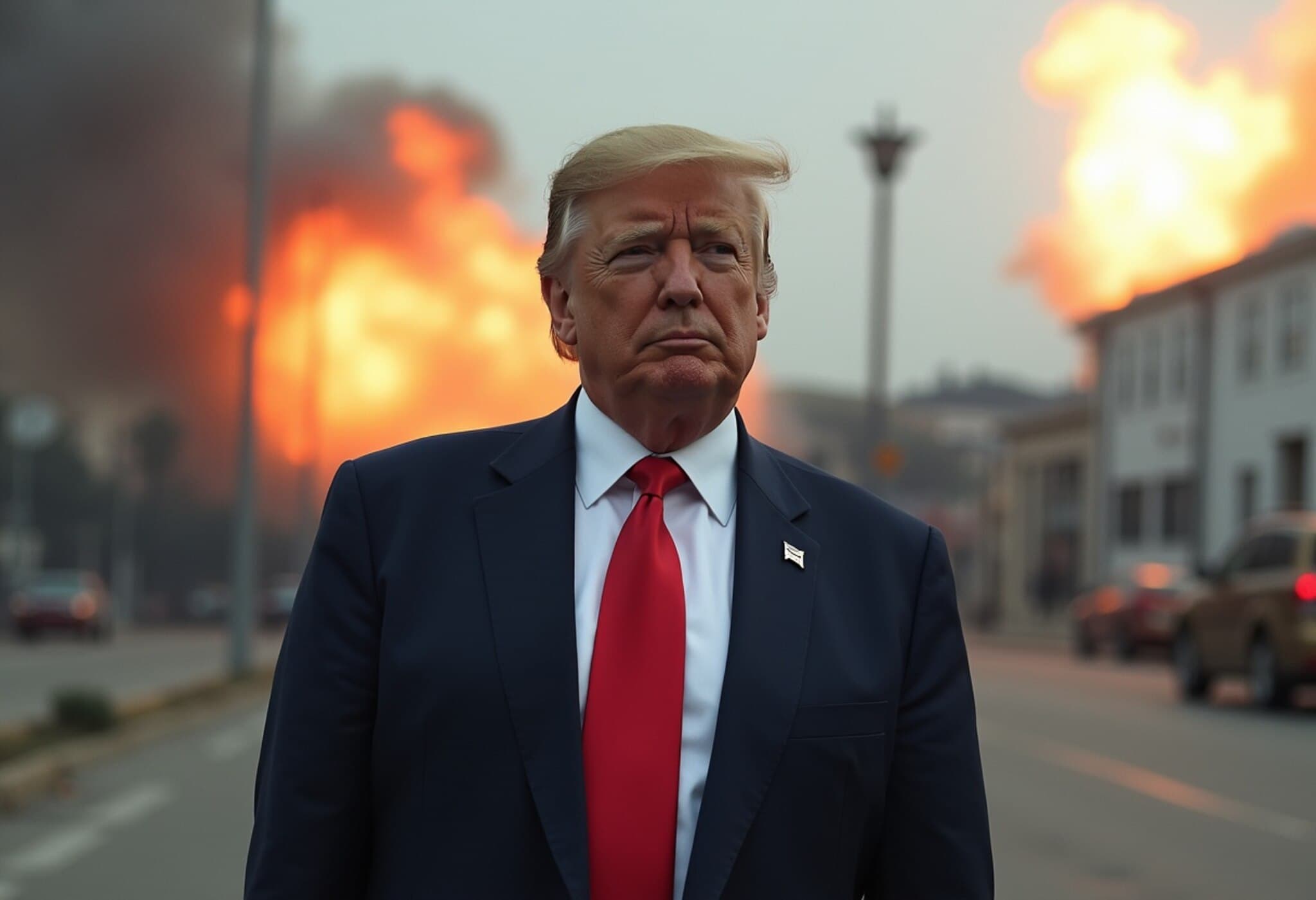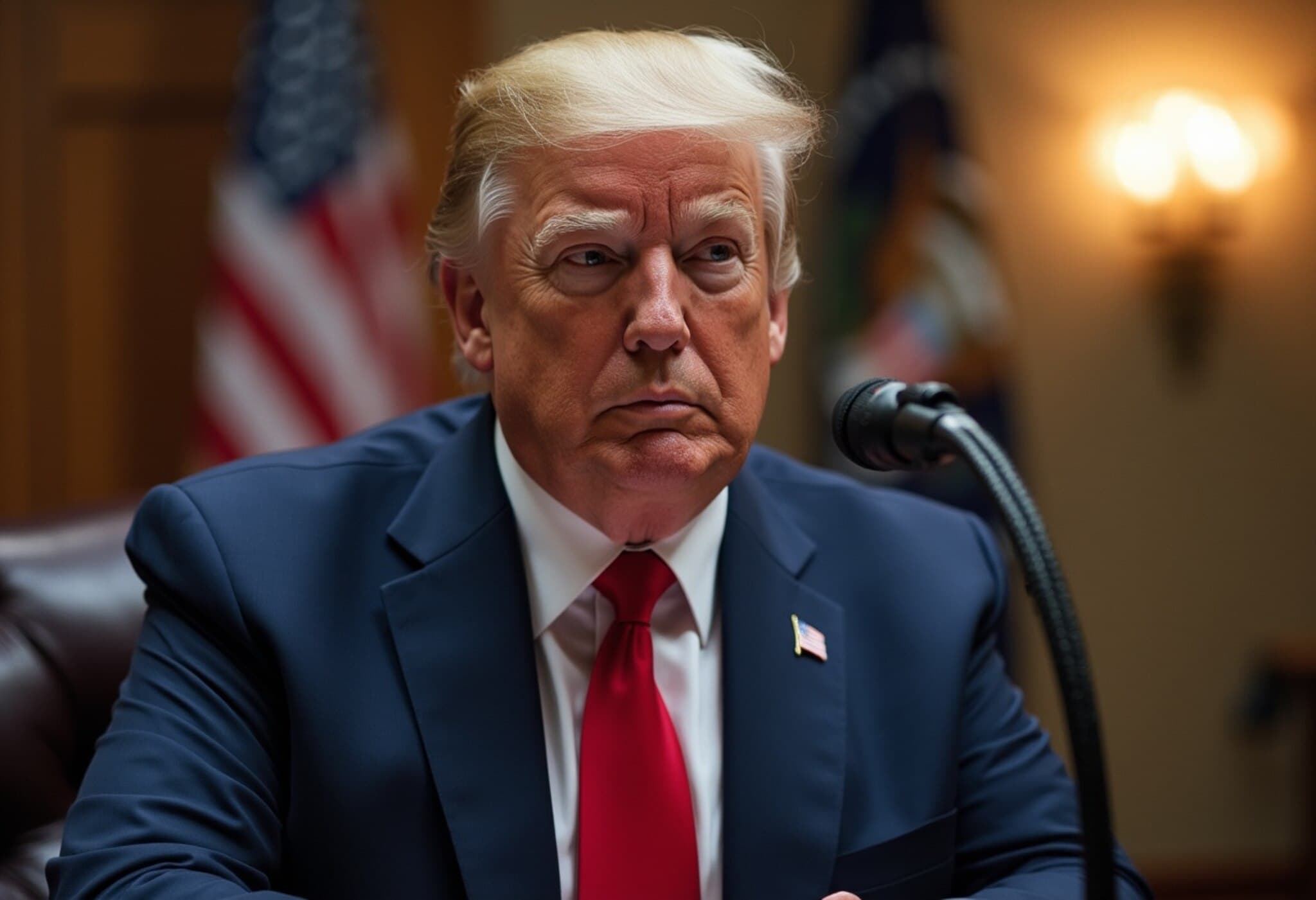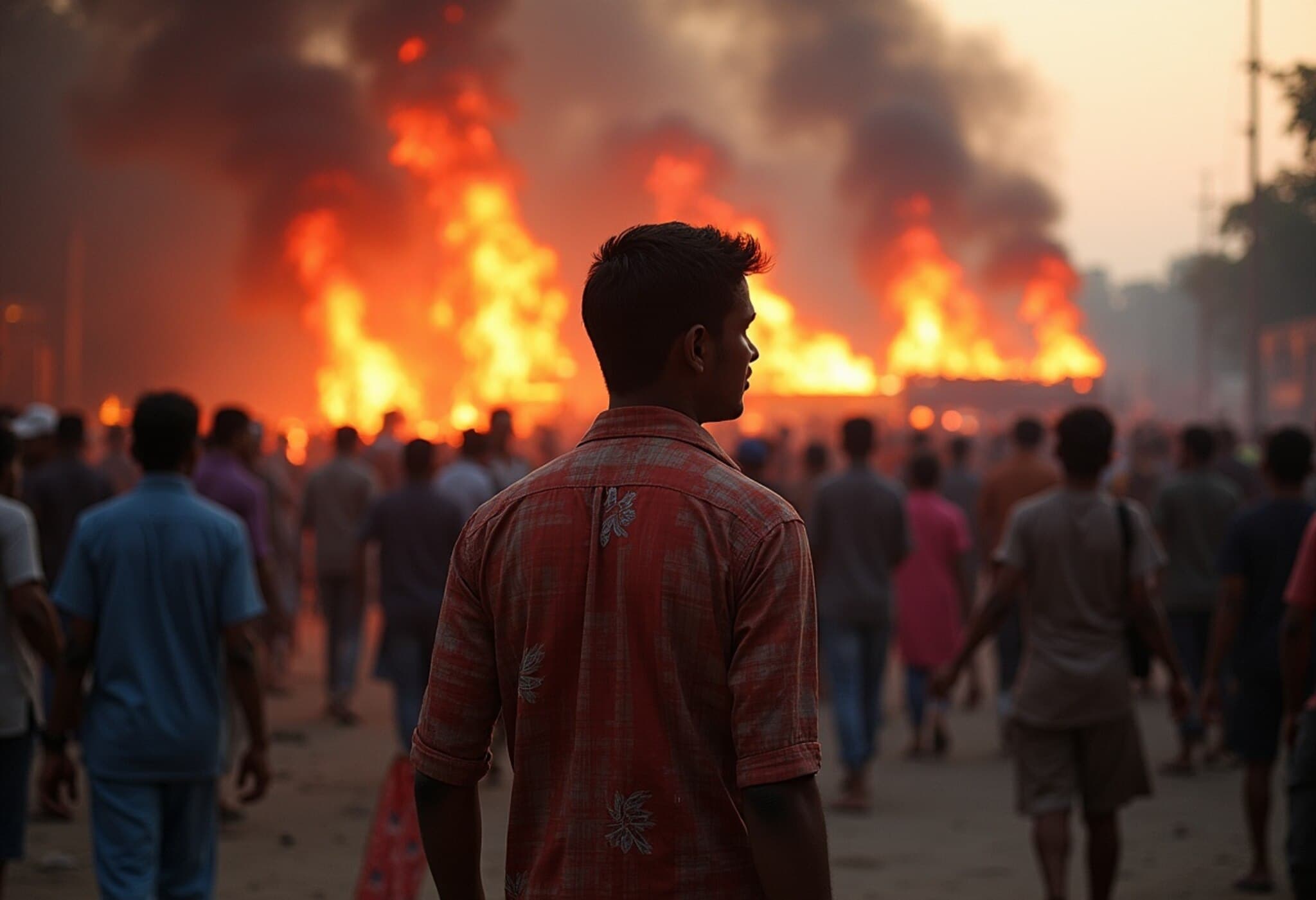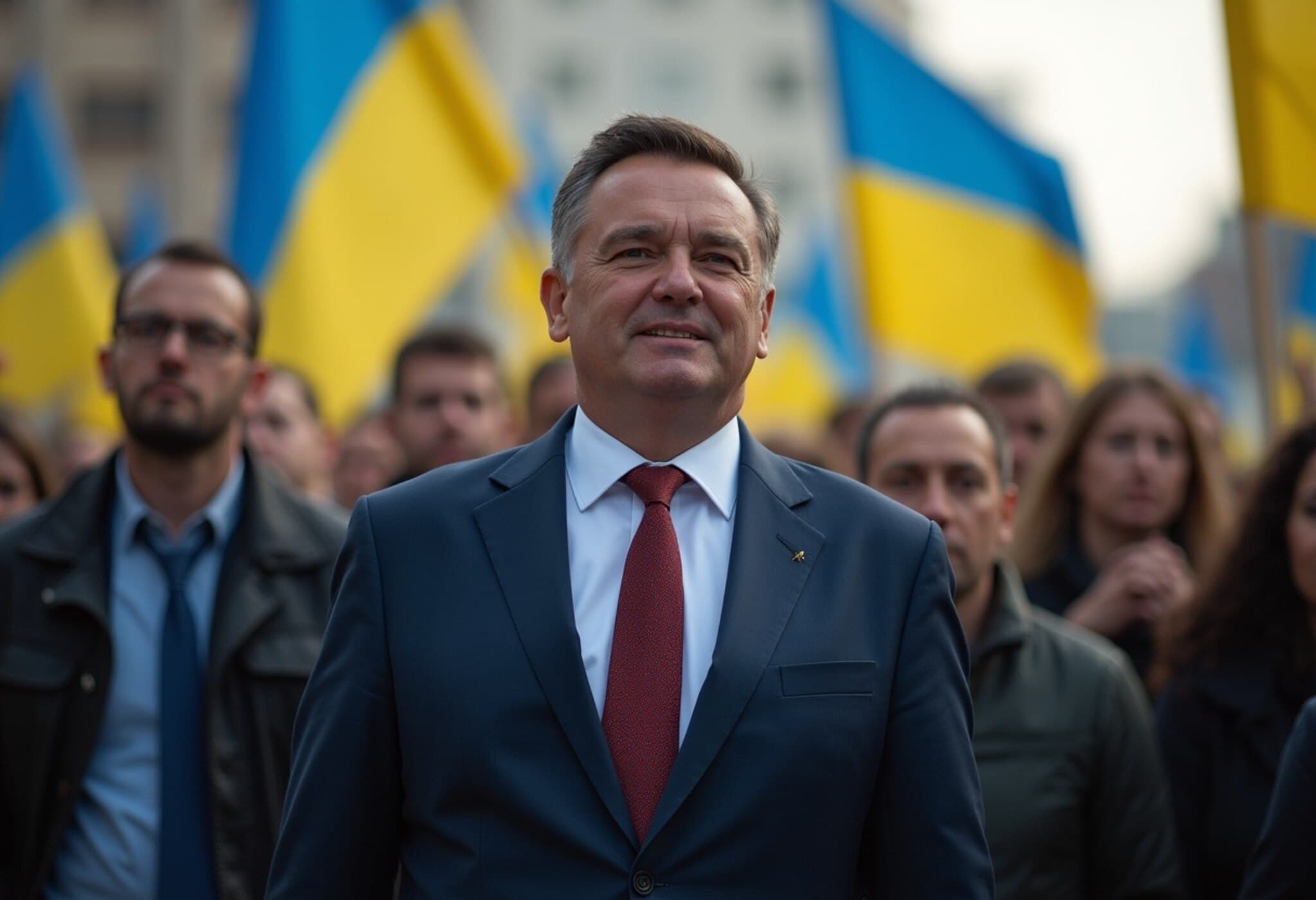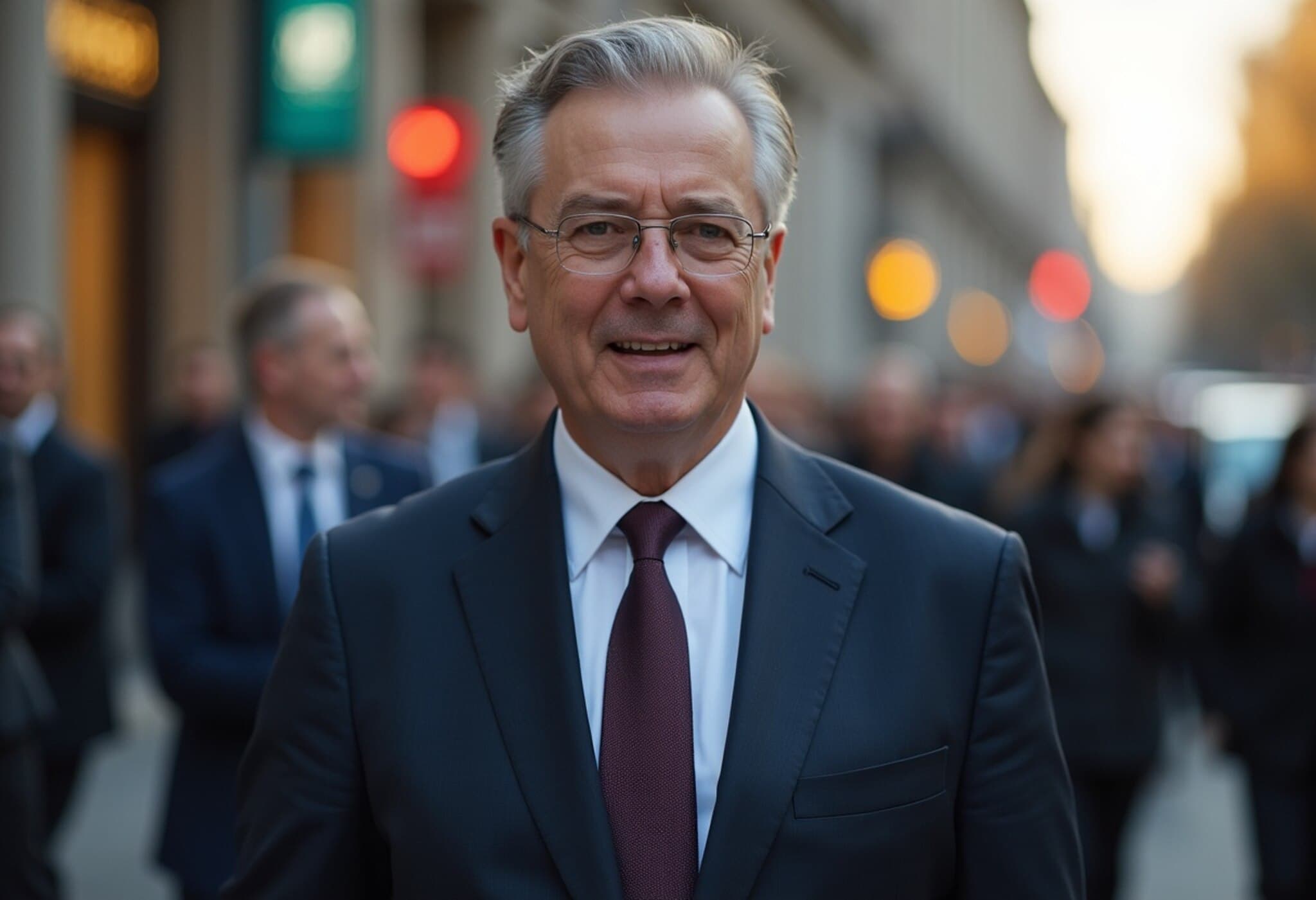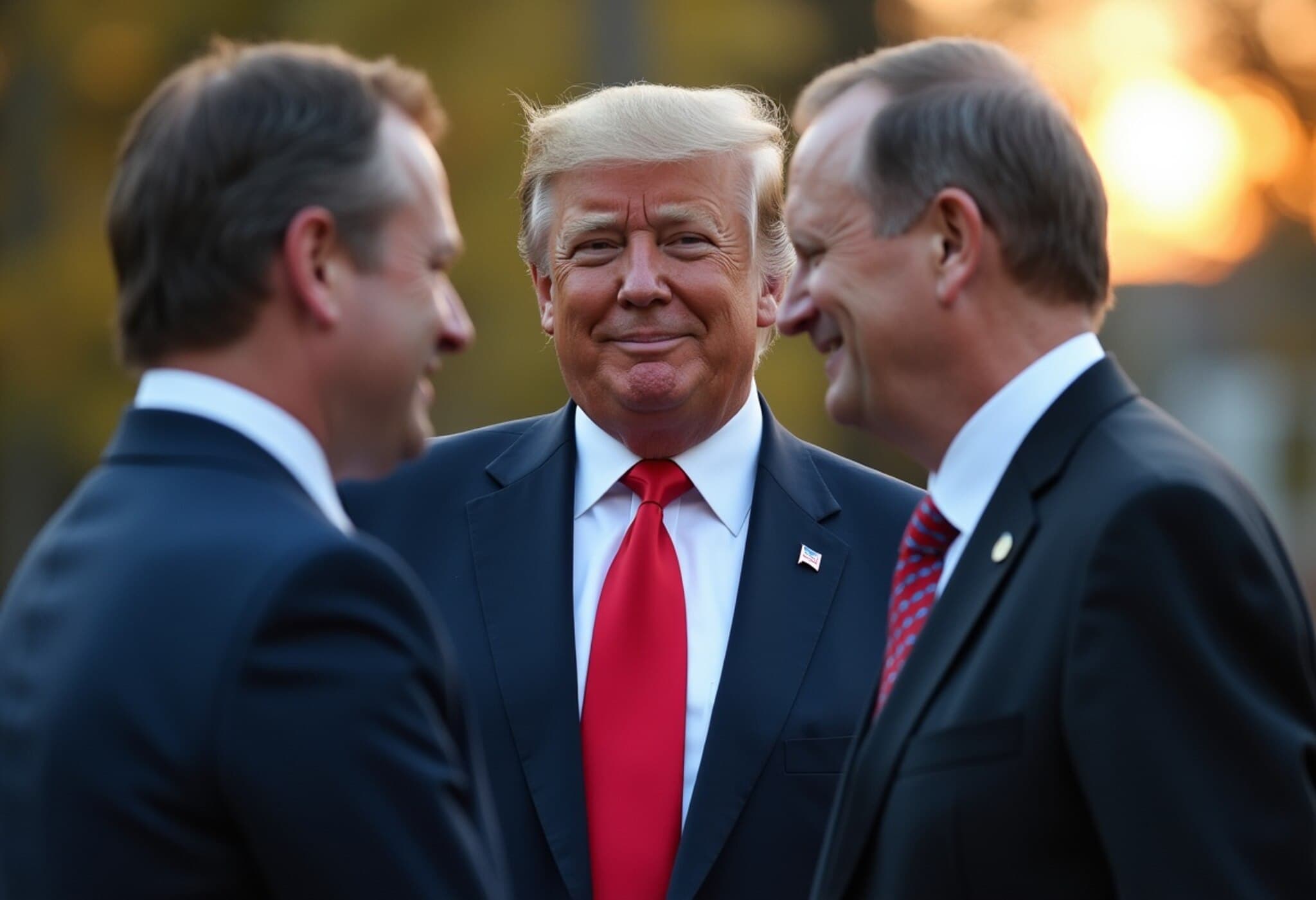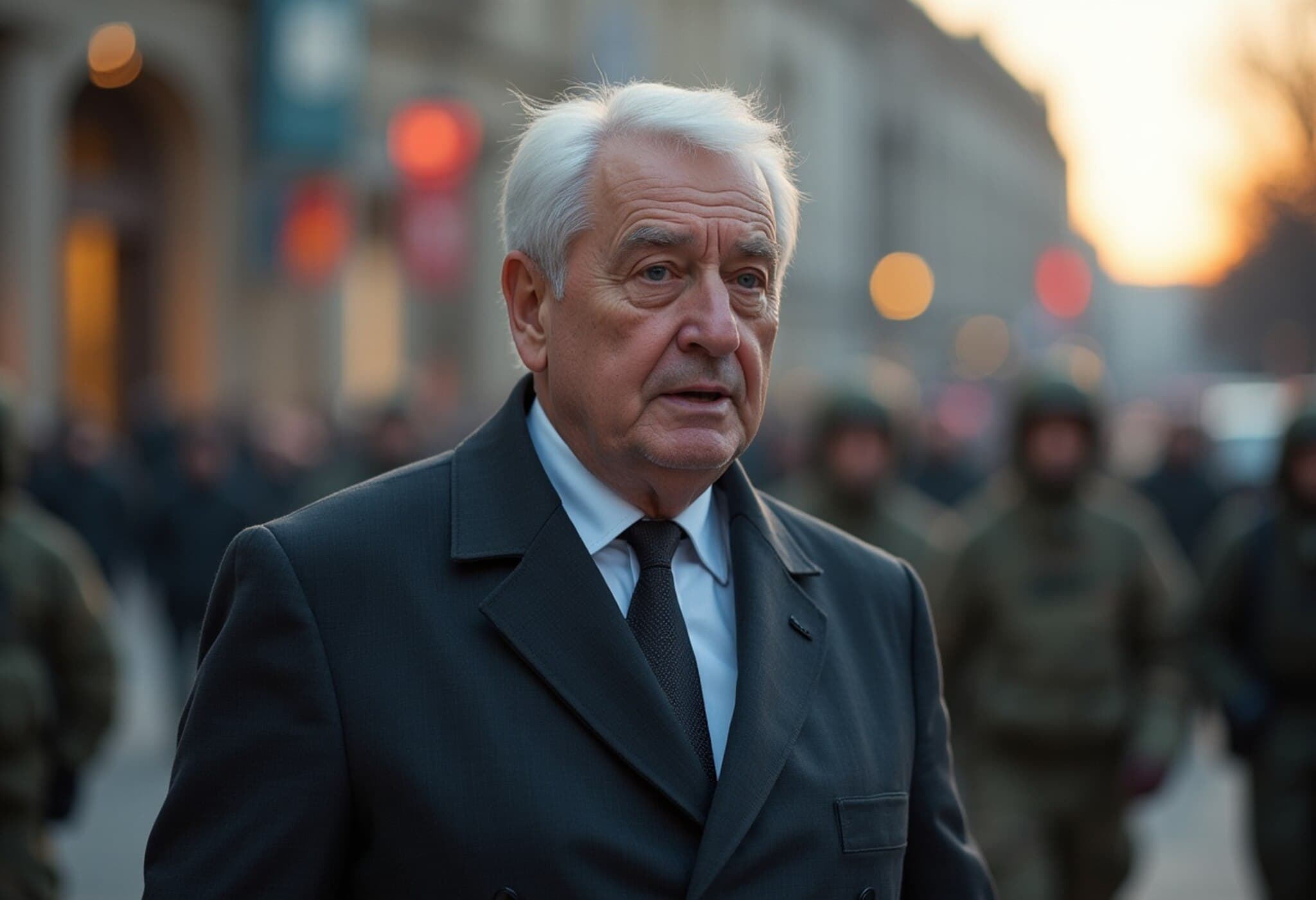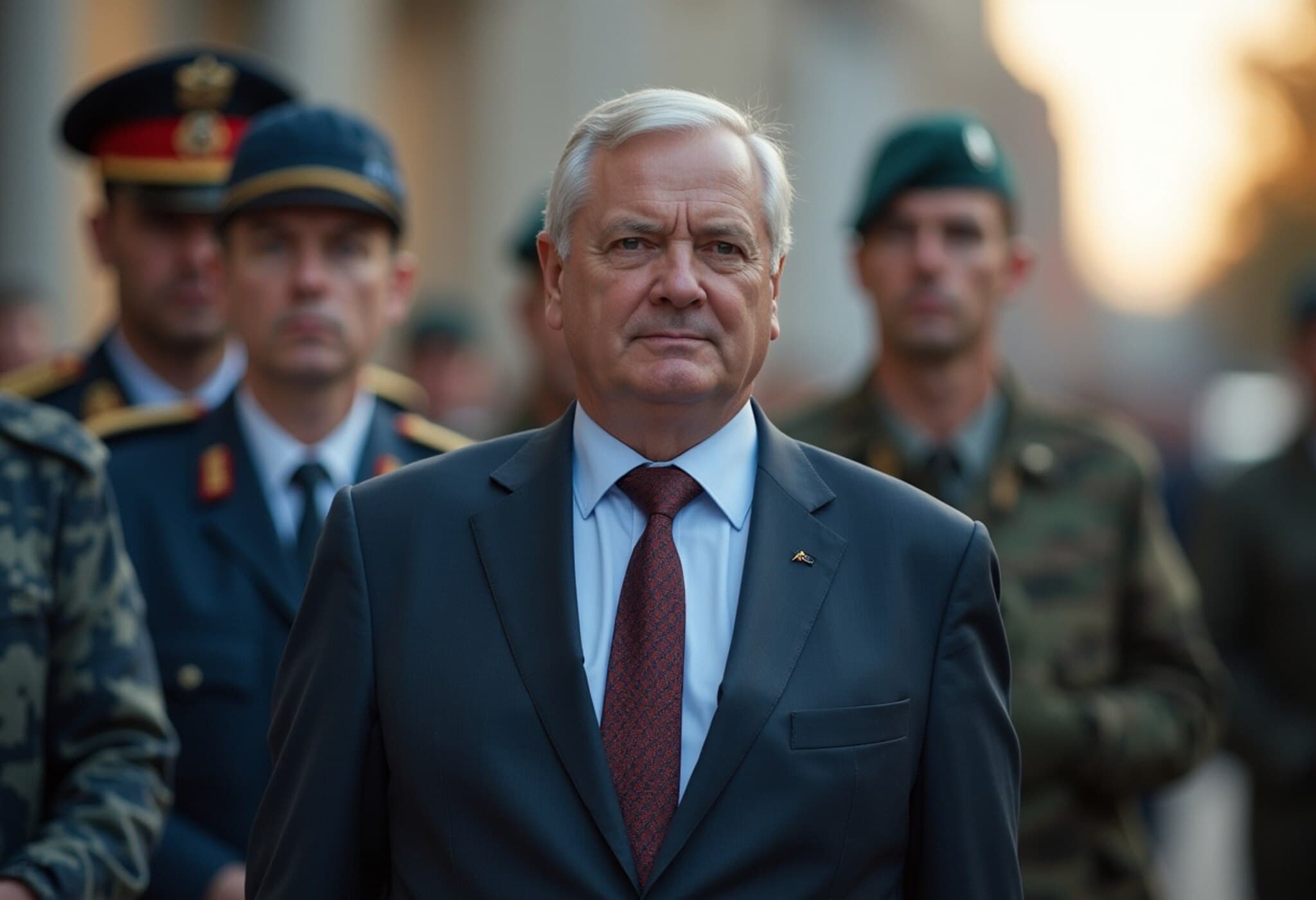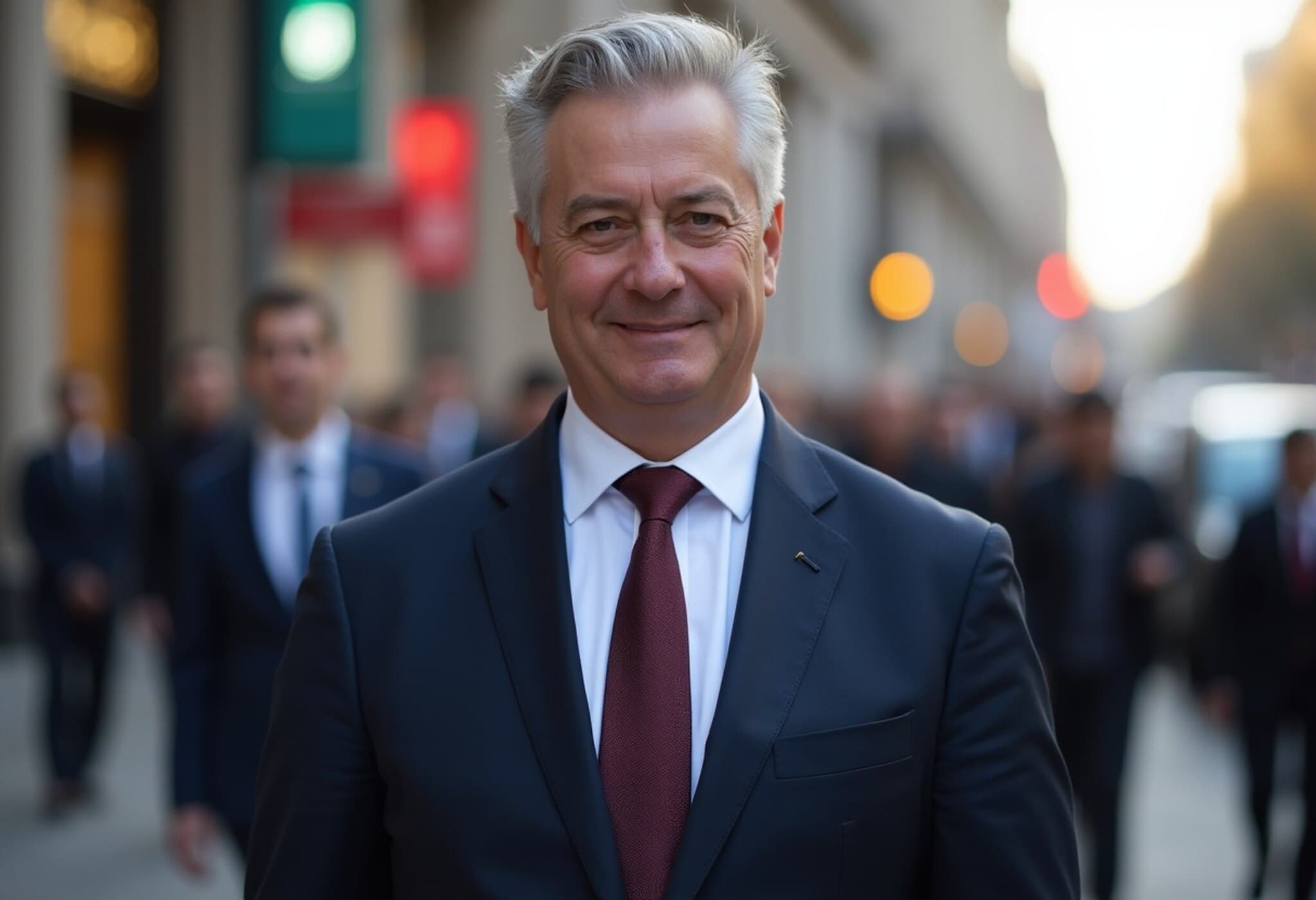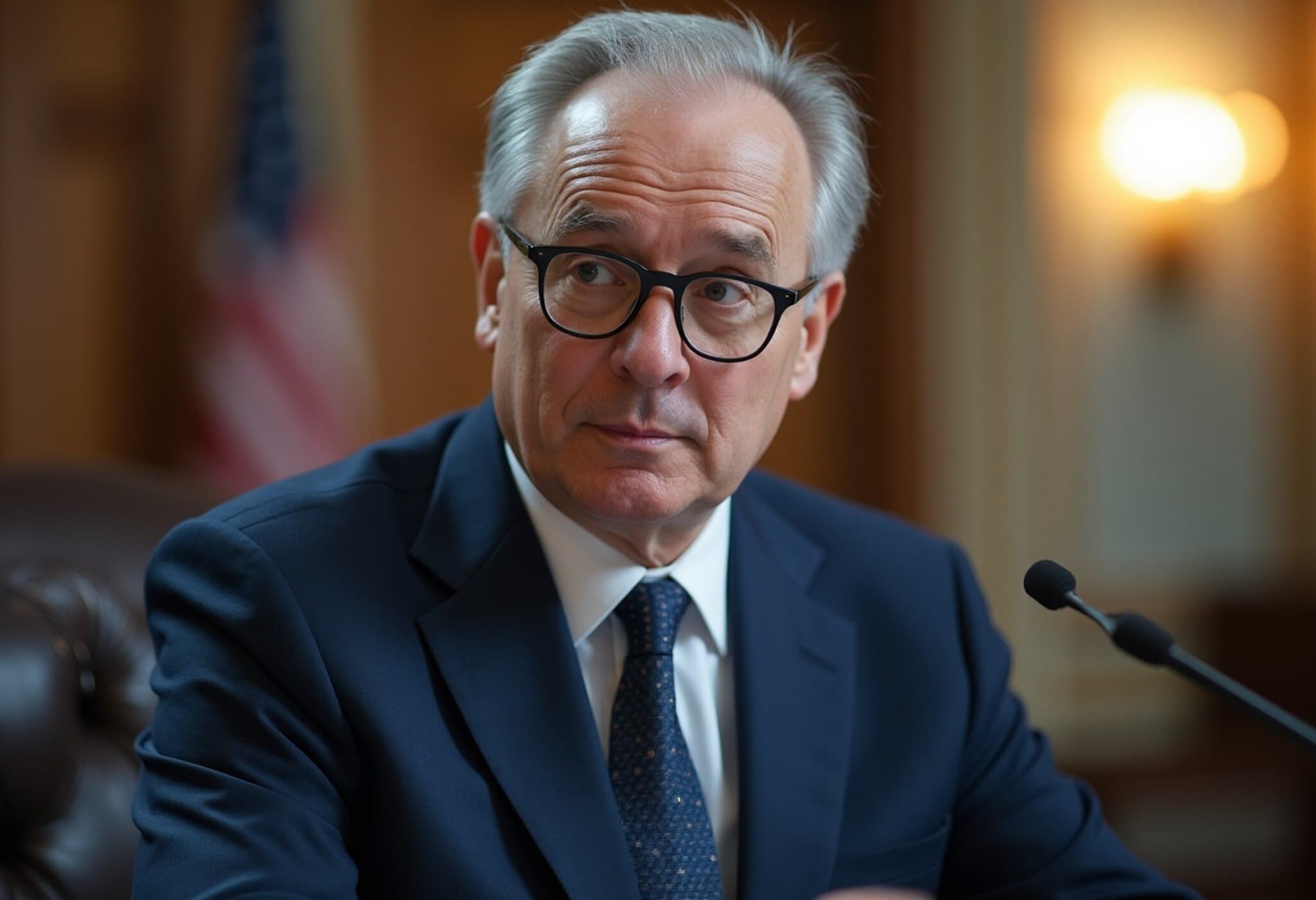Zelenskyy Commits to New Anti-Corruption Bill Amid Rising Tensions
On July 24, 2025, Ukrainian President Volodymyr Zelenskyy announced plans to introduce a fresh anti-corruption bill designed to restore public trust and counteract what he described as "Russian influence" entrenching corruption within Ukraine. This move follows widespread protests and criticism from the European Union over recent legislation perceived as weakening Ukraine’s key anti-corruption watchdogs.
Public Outcry and EU Alarm Over Weakened Watchdog Independence
The controversy ignited after parliament passed a law empowering the government with greater control over anti-corruption agencies, raising fears it would cripple the independence vital for fighting graft. Thousands took to the streets in Kyiv near the President's Office, signaling significant unease among Ukrainians concerned that reforms might falter amid intensifying Russian aggression.
What Zelenskyy Means by 'Russian Influence' in Corruption
While Zelenskyy has not detailed specific instances of Russian meddling within Ukrainian corruption, his emphasis suggests a broader context of Kremlin-backed groups attempting to destabilize Ukraine from within. Experts assert that corruption undermines Ukraine’s defense efforts and Western aid efficacy, providing Moscow with indirect leverage in the ongoing war.
Expert Insight: Corruption as a Battlefield in Ukraine’s Defense
From a policy perspective, rooting out corruption remains pivotal not only for Ukraine’s EU accession ambitions but also for sustaining crucial military and humanitarian support from the West. According to Marta Kos, EU Enlargement Commissioner, weakening anti-corruption frameworks represents "a serious step back," potentially jeopardizing Ukraine’s international partnerships.
In-Depth: The Balancing Act of Reforms Amid War
Ukraine’s leaders find themselves navigating a precarious landscape where reform fatigue, wartime exigencies, and public demands intersect. The backlash against the controversial law was the first significant domestic protest since the 2022 invasion, highlighting citizens' vigilance against perceived governance missteps even during conflict. Zelenskyy’s call for unity underscores the stakes involved in preserving national coherence against external and internal threats.
Parallel Fronts: Escalating Military Strikes and Fragile Diplomatic Talks
While grappling with domestic turmoil over corruption, Ukraine confronts intensified military pressure. Russian forces recently intensified bombardments, including glide bomb attacks on Kharkiv, injuring dozens and hitting civilian infrastructure. Simultaneously, Ukraine boosted its drone strikes targeting Russian assets, illustrating a war in which every domain counts.
Stalemated Peace Efforts Amid Heightened Hostilities
Despite repeated rounds of diplomacy in Istanbul, meaningful progress remains elusive. The fragile ceasefire hopes underscore the crucial need for Ukrainian institutions’ strengthened integrity, as corruption risks further undermining the nation’s resilience.
Looking Ahead: Key Questions for Ukraine’s Reform and Security Trajectory
- Can the new anti-corruption bill balance the need for effective governance without empowering political interference?
- How will Western allies respond to Ukraine’s reform efforts amid ongoing war demands?
- What concrete measures will be adopted to excise all forms of foreign influence from Ukraine’s institutions?
Editor's Note
President Zelenskyy’s pledge to overhaul anti-corruption laws signals a critical juncture for Ukraine’s governance amidst war. While the term "Russian influence" evokes urgency, transparency on specifics is essential to galvanize public trust and donor confidence. This episode highlights how the battle for Ukraine’s future is fought not only on battlefields but within the very fabric of its institutions. Readers should watch closely how reforms unfold and their impact on Ukraine’s resilience and democratic credibility.

